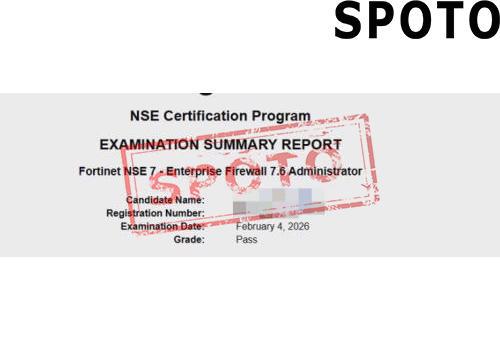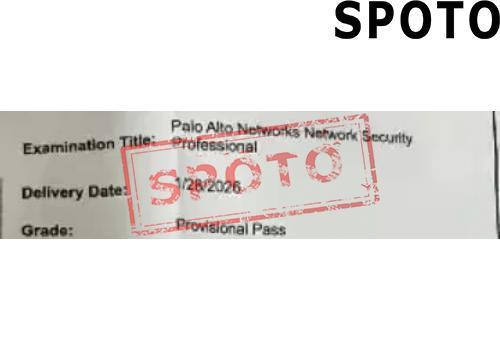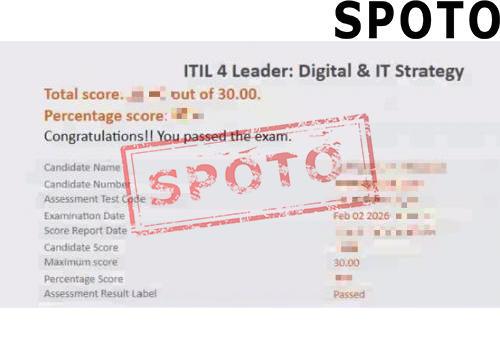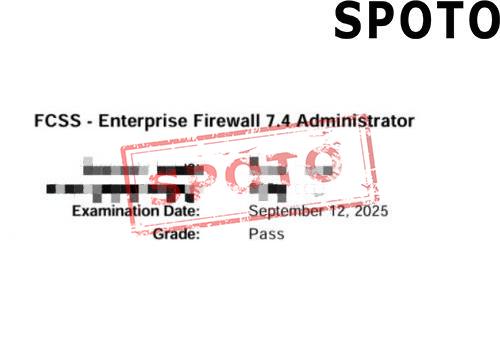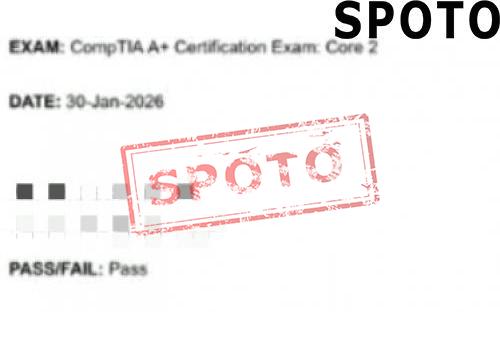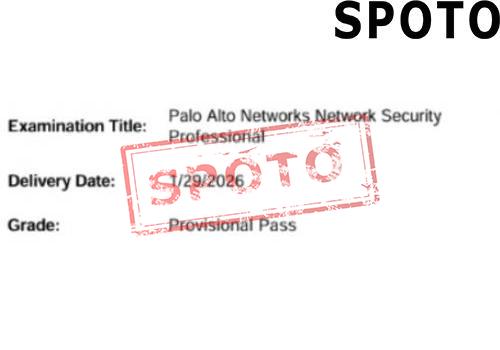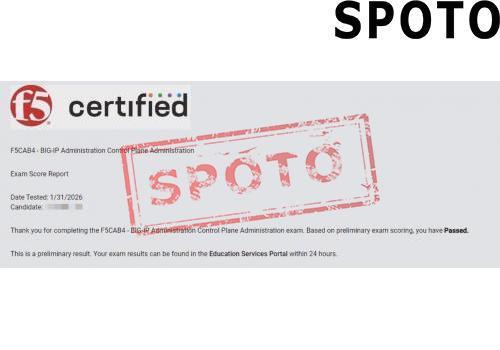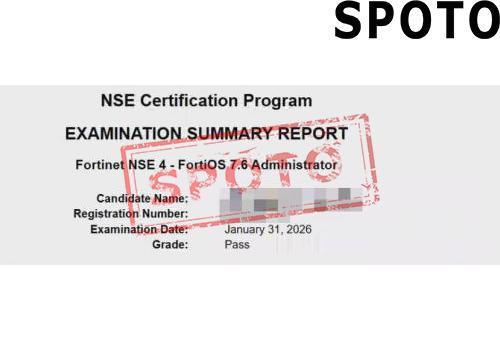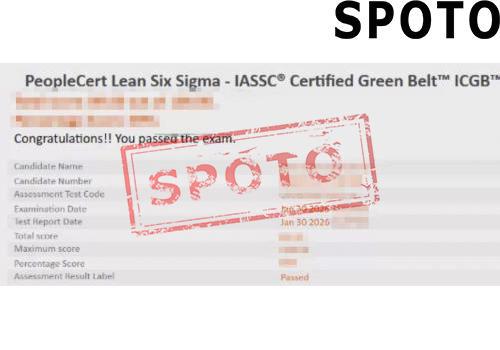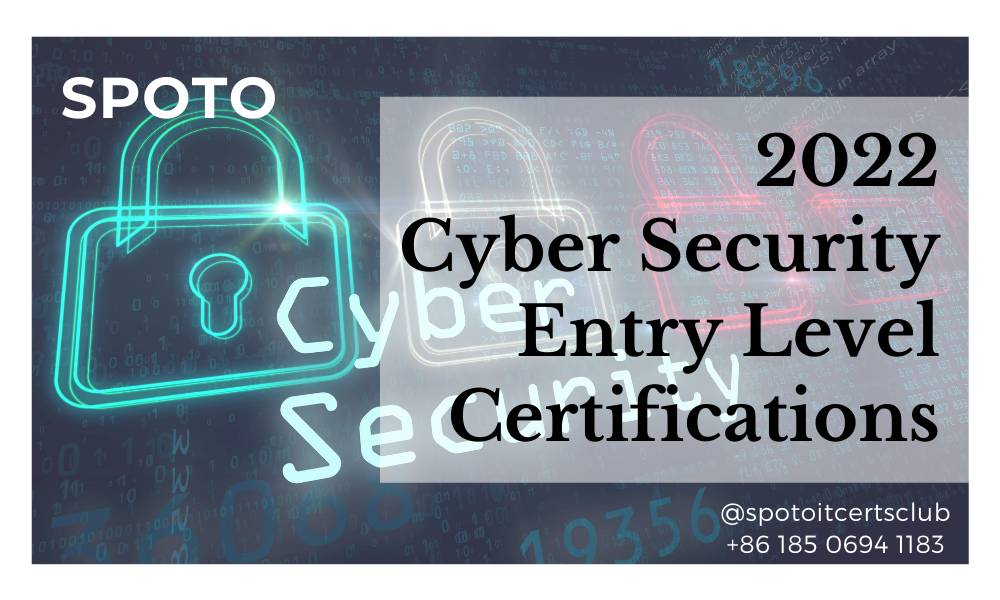
Table of Contents
Whether you're transitioning from another IT role or starting fresh, this guide covers the best cybersecurity certifications for beginners — including what they teach, who they're for, and how to get started.
Why Entry-Level Cybersecurity Certifications Matter
1. Validate Foundational Skills
Beginner certifications like CompTIA A+ and Network+ teach the essential knowledge needed for IT and cybersecurity. They show that you understand how to manage systems, troubleshoot hardware and software issues, and secure basic networks.
2. Strengthen Your Resume
Even without years of experience, certifications demonstrate your expertise and dedication. Employers often look for recognized certifications like CompTIA Security+ when hiring for entry-level roles.
3. Show Commitment to a Cyber Career
Certifications prove you're investing time and effort into your future. Even if you don't have a cybersecurity degree, these credentials help you stand out in job applications.
Best Cybersecurity Certifications for Beginners
1. CompTIA A+ and Network+
These two foundational certifications are ideal starting points for those new to IT:
-
CompTIA A+: Covers hardware, software, troubleshooting, and technical support skills.
-
CompTIA Network+: Introduces networking concepts such as TCP/IP, routers, switches, and basic security principles.
Together, A+ and Network+ provide the groundwork needed to understand more advanced cybersecurity topics.
➡️ Get started with SPOTO's CompTIA A+ training course and Network+ course.
2. CompTIA Security+
CompTIA Security+ is one of the most recognized entry-level cybersecurity certifications in the world. It covers:
-
Threats, attacks, and vulnerabilities
-
Identity and access management
-
Risk management
-
Cryptography
-
Security architecture
Security+ is vendor-neutral and is often a requirement for government and private sector jobs. It's an excellent next step after A+ and Network+.
➡️ Prepare with SPOTO's Security+ SY0-701 course.
3. (ISC)² SSCP – Systems Security Certified Practitioner
SSCP is ideal for those with a bit of IT experience who want to shift into a cybersecurity-focused role. It validates your ability to implement, monitor, and manage secure systems and policies. If you’re aiming for hands-on security roles, SSCP is a great fit.
Even if you don't meet the experience requirements yet, you can become an Associate of (ISC)², pass the exam, and gain the required experience later.
4. GIAC Security Essentials Certification (GSEC)
Offered by the SANS Institute, GSEC is a rigorous certification that tests practical cybersecurity knowledge. Topics include:
-
Network security
-
Cryptography
-
Linux security
-
Incident response
While it's more challenging (and costly), GSEC is highly respected by employers.
5. ISACA Cybersecurity Fundamentals Certificate
This entry-level certificate is a great starting point for absolute beginners. It covers basic cybersecurity concepts, including:
-
Cyber threats
-
Vulnerability management
-
Security operations
-
Information assurance
It's also a good foundation if you're interested in eventually earning more advanced ISACA certifications like CISM or CRISC.
Best Vendor-Specific & Cloud Certifications for Beginners
6. Cisco CCNA (Cisco Certified Network Associate)
The CCNA teaches core networking and security concepts specific to Cisco systems. It includes:
-
IP addressing
-
Routing and switching
-
Network access
-
Basic security concepts
It's ideal for anyone planning to work with Cisco infrastructure or pursue network security roles.
➡️ Start learning with SPOTO's CCNA course for beginners.
7. AWS Certified Cloud Practitioner
Cloud computing and cybersecurity now go hand-in-hand. The AWS Cloud Practitioner certification is perfect for beginners with no cloud experience. It covers:
-
AWS basics and services
-
Cloud security and compliance
-
Billing and pricing models
➡️ Get certified with SPOTO's AWS Cloud Practitioner course.
8. Microsoft Certified: Azure Fundamentals (AZ-900)
Another beginner-friendly cloud certification, Azure Fundamentals covers:
-
Cloud concepts and services
-
Microsoft Azure architecture
-
Security, privacy, and governance in Azure
It's a great way to demonstrate cloud literacy in Microsoft environments.
➡️ Learn more with SPOTO's Azure Fundamentals course.
9. Google Cybersecurity Certificate
This beginner-level certificate offers hands-on training in:
-
Linux
-
SQL
-
Python
-
Cybersecurity tools and practices
It's ideal for those looking for a comprehensive, beginner-friendly entry into cybersecurity and can be completed online.
How to Choose the Right Certification
-
If you're new to IT: Start with A+ and Network+, then move on to Security+.
-
If you already have IT experience: Jump straight into Security+, SSCP, or cloud certifications.
-
If you're focused on networking: Consider CCNA followed by Security+.
-
If you're targeting cloud security: Start with AWS, Azure, or Google certs to build your cloud fundamentals.
Final Tips
-
Choose certifications that align with your goals and experience level.
-
Use training resources, labs, and practice exams to prepare thoroughly.
-
Update your resume and LinkedIn profile to reflect your certifications.
-
Keep learning — many cybersecurity pros continue building their skills and certs over time.
➡️ Explore SPOTO's full catalog of cybersecurity certification training courses to begin your journey.
